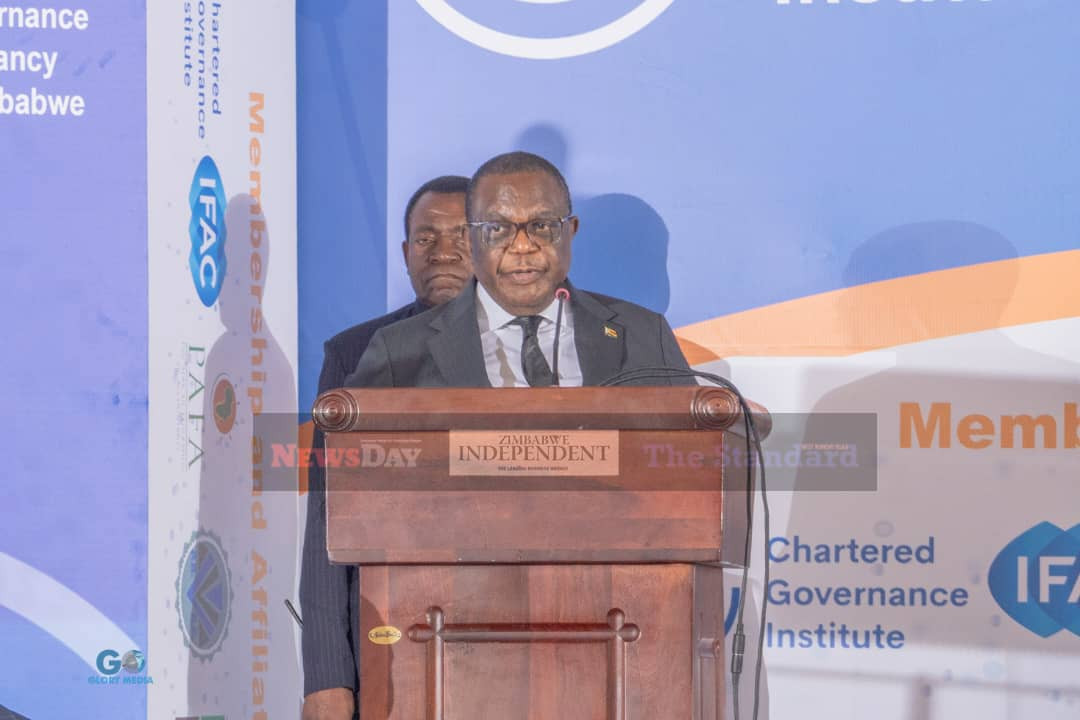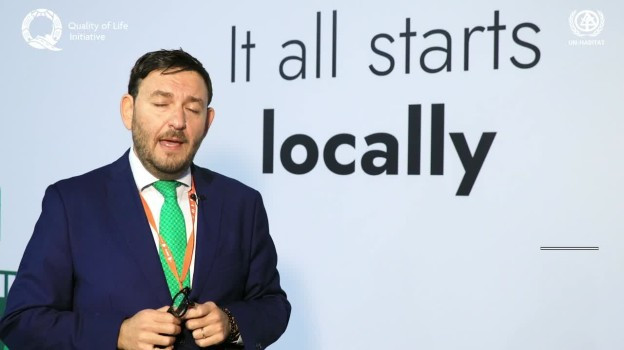
VICE-PRESIDENT Constantino Chiwenga has said corruption is now a security threat undermining the rule of law and eroding public trust in private and public institutions.
Chiwenga said this while delivering his keynote speech at the ongoing Chartered Governance and Accountancy Institute in Zimbabwe annual conference in Victoria Falls yesterday.
He said it was imperative for public and private institutions to uphold ethical standards to weed out graft.
“As leaders, our responsibility is to create an environment where adherence to effective corporate governance principles is not just encouraged but expected,” Chiwenga said.
“It is important to recognise that corruption represents a serious threat to our nation’s progress, distorting markets, undermining the rule of law and eroding public function as professionals in key positions across both private and public institutions.”
The media has been exposing how some people with close ties to Zanu PF are involved in grand theft, bleeding the country of millions of United States dollars through corrupt dealings.
Controversial tenderpreneur Wicknell Chivayo was recently exposed for corruptly hijacking a US$40 million tender to supply election materials to the Zimbabwe Electoral Commission ahead of last year’s elections.
Chivayo boasted of close links to President Emmerson Mnangagwa and mocked critics saying he would never be arrested, alleging that he had captured those in the corridors of power.
- ChiTown gets AfDB help, but has no engineer to implement works
- Malawi chiefs shut down Chinese owned mines
- Malawi chiefs shut down Chinese owned mines
- Project tackles sexual rights at colleges
Keep Reading
In March and April last year, Qatar-based Al Jazeera produced an earth-shattering investigative documentary Gold Mafia, which tracked how Zimbabwe’s gold was being smuggled out of the country by senior public officials.
Chiwenga, however, said government had implemented various restrictive measures, such as the adoption of the United Nations Convention against Corruption in domestic law to fight graft.
He said this was aimed at creating a strong framework that promoted transparency and accountability.
“The government of Zimbabwe is committed to collaborating with the private sector to create a corruption-free ecosystem through vigorous enforcement of anti-corruption laws, fostering strong partnerships, enhancing public awareness and providing advanced protection for whistleblowers,” he said.
“By upholding the principles of good governance and actively participating in anti-corruption initiatives, the private sector can demonstrate its commitment to ethical business practices and contribute to a brighter future for our nation.”
He said Zimbabwe should fully integrate advanced technologies into its governance and accountability frameworks.
“Artificial intelligence and automation can be instrumental in transforming our various sectors by improving efficiency, accuracy and broad protection,” he said.
“However, technology alone is not enough, because technology was made by a human being, so on its own it is not enough.”
He said the government would continuously develope measures to advance innovation in corporate governance by rigorously reviewing existing corporate governance frameworks.
“Our current frameworks must evolve to support a rapidly changing economic landscape, characterised by new technologies, global market integration and a commitment to honesty and transparency,” Chiwenga said.
“Reforming our references to encourage compliance and adaptability will help to ensure competition on the global stage and protection of the integrity of our institutions, a key requirement for the sustainable development envisioned by our development agenda.”
The conference is running under the theme A Governance and Accountancy Transformative Agenda: Towards a Shared Future for Zimbabwe.









